The Independent National Electoral Commission (INEC) has warned that if the growing insecurity across Nigeria is not addressed, the upcoming general elections may be cancelled or postponed.
The national electoral body said the security crisis poses a serious threat to the conduct of the election.
INEC chairman, Prof. Mahmood Yakubu, who was represented by the chairman, of the Board of Electoral Institute (BEI), Prof. Abdullahi Abdu Zuru, disclosed this on Monday in Abuja at the Validation of Election Security Training Resources.
He noted that election security is vital to democratic consolidation through the “provision of enabling environment for the conduct of free, fair, credible and inclusive elections and thus strengthening the electoral process.”
“Consequently, in preparations for the 2023 general elections, the commission is not leaving anything to chance in ensuring that intensive and extensive security is provided for election personnel, materials, and processes.
“This is particularly significant to the commission given the current security challenges in various parts of the country and the fact that the National Youth Service Corps (NYSC) members constitute the core of the polling unit election officials.
“Moreover, if the insecurity is not monitored and dealt with decisively, it could ultimately culminate in the cancellation and/or postponement of elections in sufficient constituencies to hinder the declaration of elections results and precipitate a constitutional crisis. This must not be allowed to happen and shall not be allowed to happen,” he stated.
The INEC chairman urged security personnel and election officials to be security conscious.
He also said that there is a new Electoral Legal Framework that will guide the 2023 election as a result of the enactment of the Electoral Act 2022 which prompted the review of the INEC Regulations and Guidelines for Conduct of Elections 2022.
He said, “In particular, Sections 47(2), 60(1, 2 & 5), 62(1), 64(4a & 4b) and 64(5) of the Electoral Act 2022, which confers INEC with the power to use any technological device to transmit or transfer election results electronically are instructive in this regard.”
He noted that emboldened by these legal protections, the Commission introduced new innovative technologies and procedures and made commitments to the Nigeria people that (a) Continuous Verification, Accreditation and Voting will be conducted at the Polling Units using the Bimodal Verification and Accreditation System (BVAS) and (b) Real-Time Polling Unit-level results will be uploaded on to the INEC Results Viewing (IReV) Portal using the same BVAS.
He said these commitments require innovative security strategies and deployments for the protection of voters, election personnel, materials, equipment, the electoral processes as well as the general public and infrastructure.
“These innovative systems and processes minimize human errors and delays in results collation and improve the accuracy, transparency, and credibility of the results collation process thereby ensuring the credibility of the process They were tested during the Ekiti and Osun Governorship elections, held on June 18, 2022, and July 16, 2022, respectively.”
The INEC boss added that reports on the conduct of security operatives during the elections conducted by the commission specifically stand-alone governorship elections in Ekiti and Osun states had shown progressive and commendable improvement in their disposition to electoral training and professionalism on election duties.
It would be recalled that INEC had last month decried the waves of attacks on its offices and facilities and released data detailing 50 attacks across 15 states, namely: Imo (11), Osun (7), Enugu (5), Akwa Ibom (5), Ebonyi (4), Cross River (4), and Abia (4), Anambra (2), Taraba (2), Kaduna (1), Borno (1), Bayelsa (1), Ondo (1), Lagos (1), and Ogun (1).
Currently, there are pockets of violence and insecurity across the country with banditry and kidnapping in the North-West and parts of the North-Central; Boko Haram insurgency in the North-East; killings by unknown gunmen and clashes between security agencies and separatists in the South-East among others.
Victor Ezeja is a passionate journalist with six years of experience writing on economy, politics and energy. He holds a Masters degree in Mass Communication.

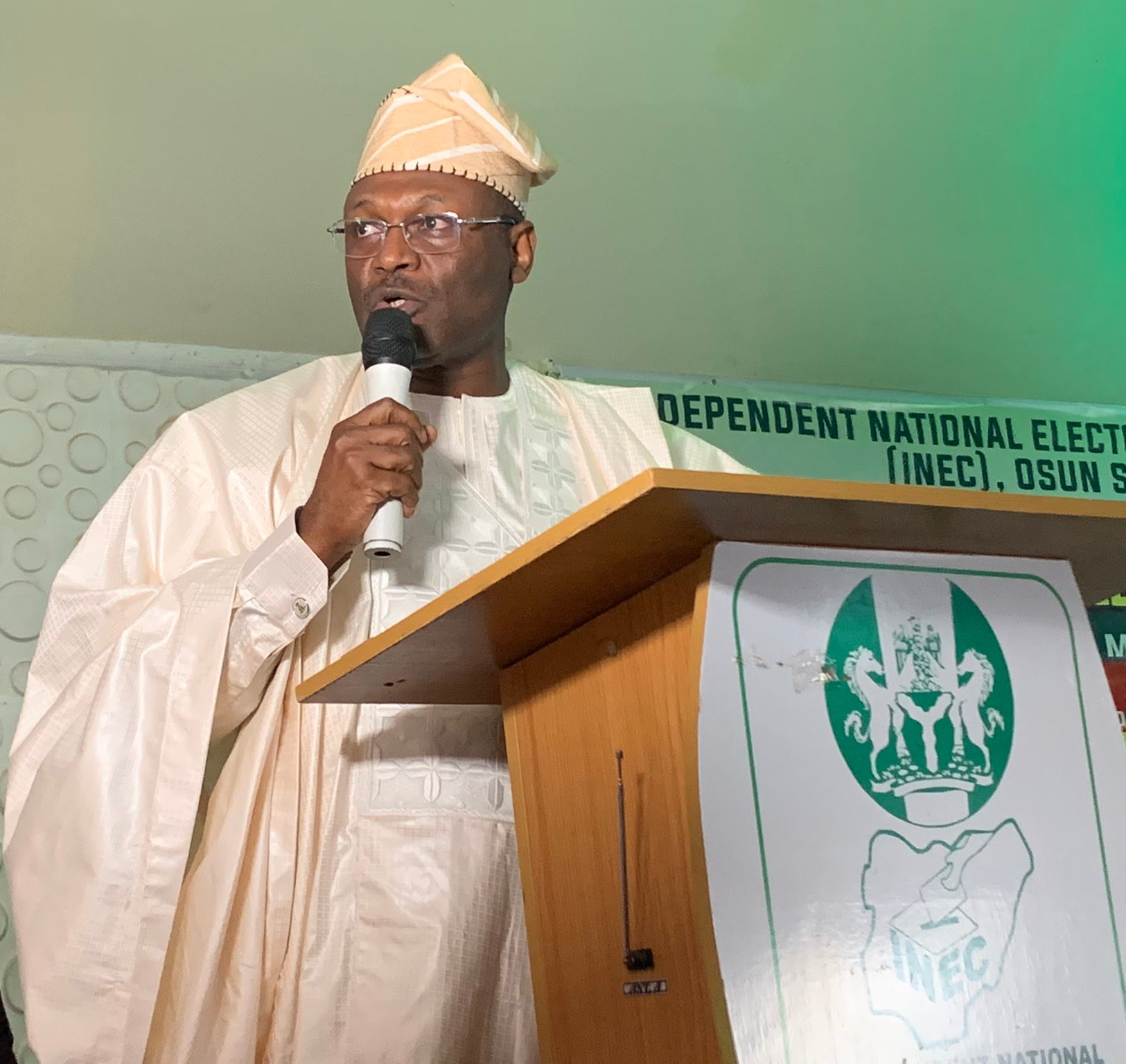



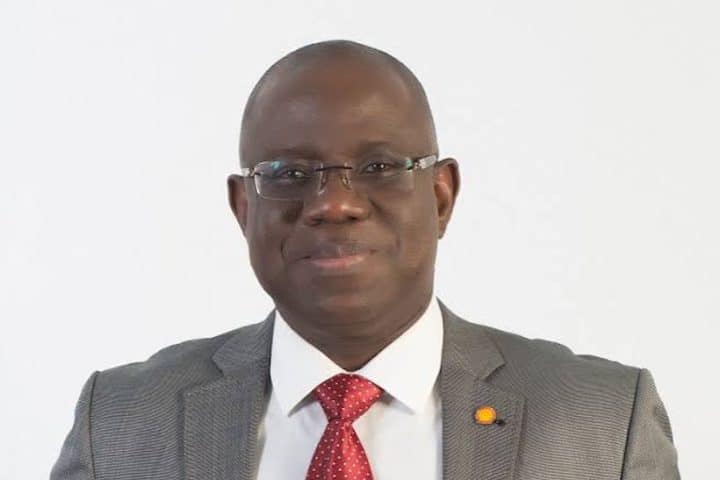






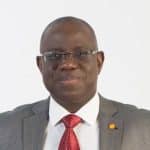




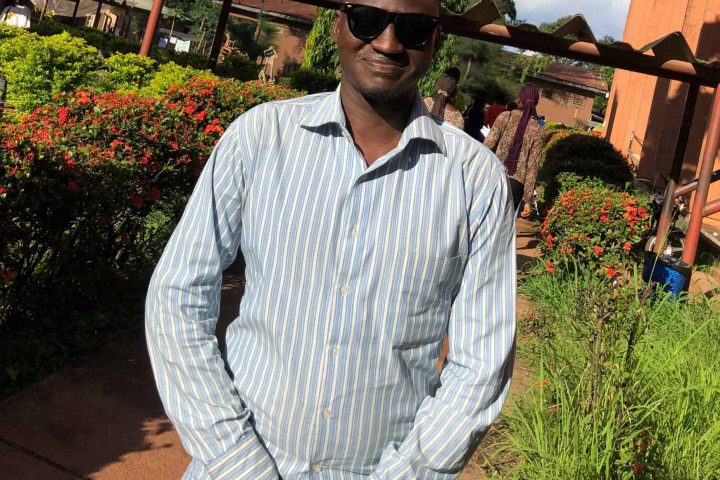
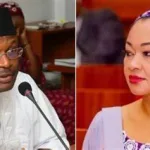
Follow Us